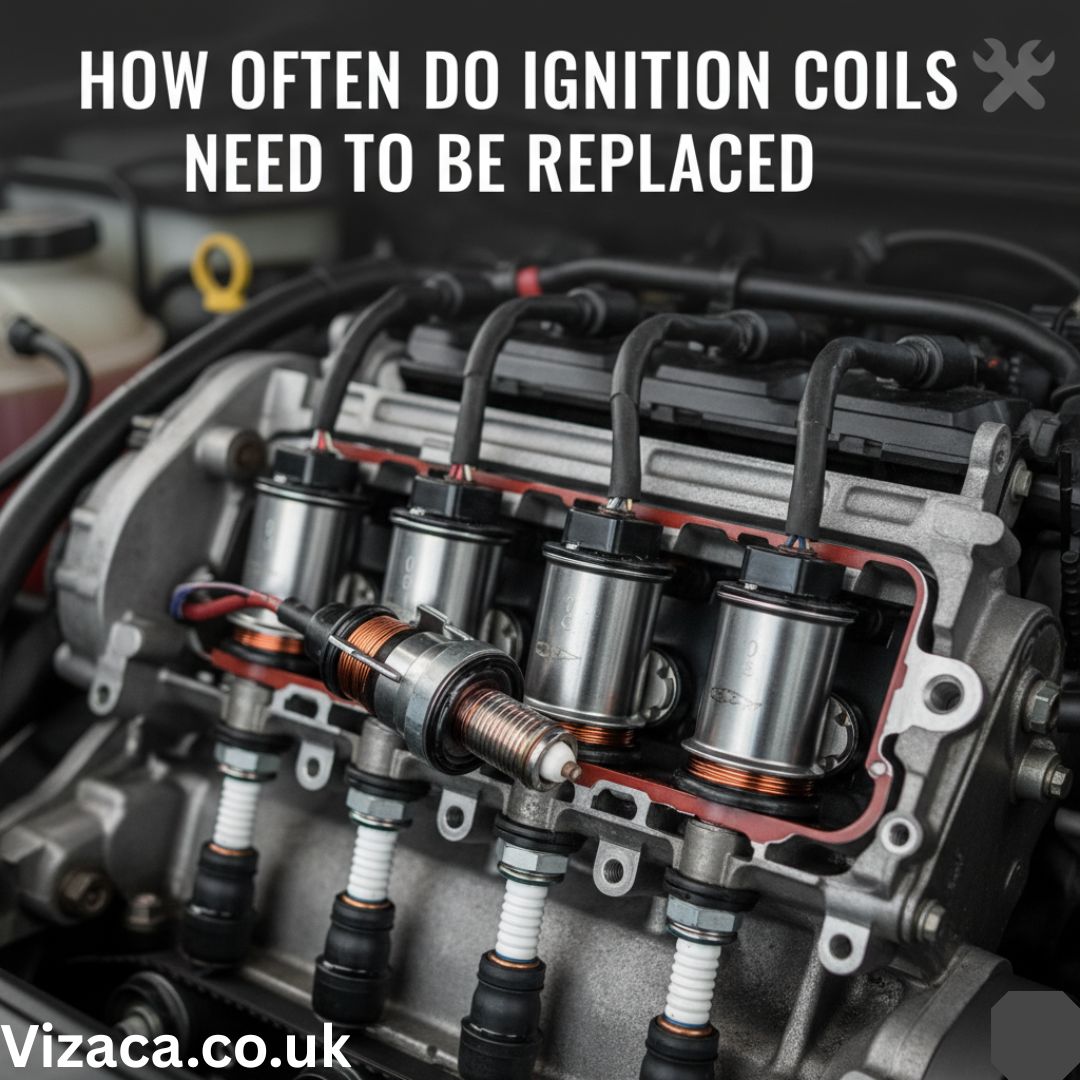No, coolant (also called antifreeze) does not make your car’s air conditioning (AC) cold.
Coolant is part of the engine’s cooling system, while the AC system uses refrigerant, which is a separate fluid entirely.
However, coolant can indirectly impact AC performance in certain situations.
What’s the Difference Between Coolant and Refrigerant?
| Fluid | System It Belongs To | Purpose |
|---|---|---|
| Coolant | Engine cooling system | Keeps engine from overheating |
| Refrigerant | Air conditioning system | Absorbs heat to cool the cabin |
How Coolant Indirectly Affects the AC
✅ 1. Engine Overheating Can Disable AC
If your coolant is low or overheating occurs, your vehicle’s computer may shut off the AC system to reduce engine stress.
✅ 2. Shared Cooling Fans
Many cars use the same radiator fan to cool both the:
- Radiator (coolant system)
- AC condenser (refrigerant system)
If the cooling fan isn’t working well due to coolant issues, your AC might struggle to stay cool, especially at idle or in traffic.
✅ 3. Climate Control Sensors
In some vehicles, coolant temperature sensors help control the climate system. Faulty readings may cause the AC to act up, blow warmer air, or switch between warm and cool inconsistently.
When Coolant Is Not the Issue
If your AC:
- Blows warm air consistently
- Works while driving but not at idle
- Cycles on and off rapidly
…the issue is more likely with the AC system itself—like:
- Low refrigerant
- Bad compressor or clutch
- Clogged condenser or expansion valve
- Electrical or sensor faults
Final Thoughts
Coolant doesn’t make your AC cold, but problems in the cooling system can affect AC performance.
If your engine is running hot or the AC isn’t working well, it’s a good idea to check both systems—but know they operate independently with different fluids and functions.









